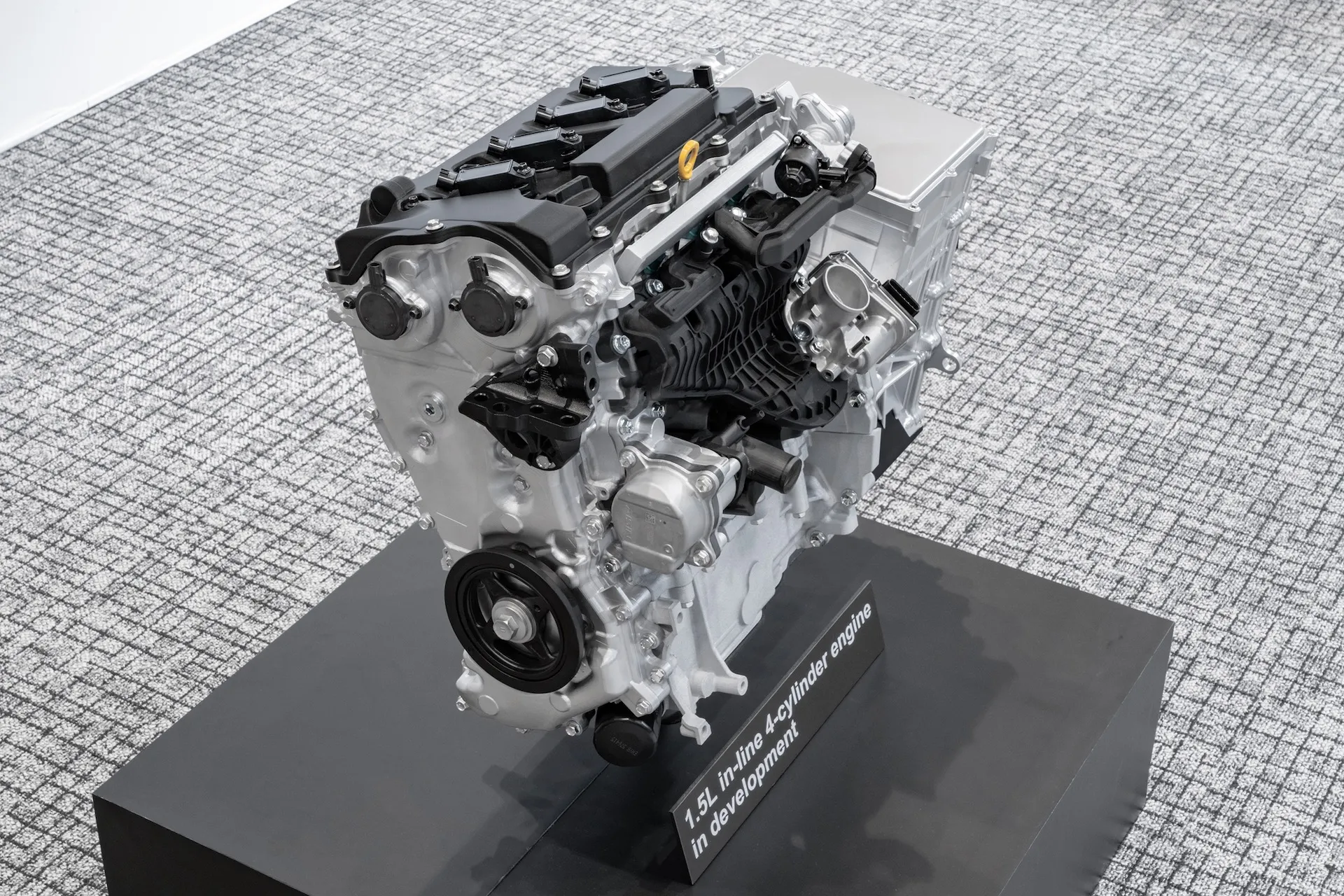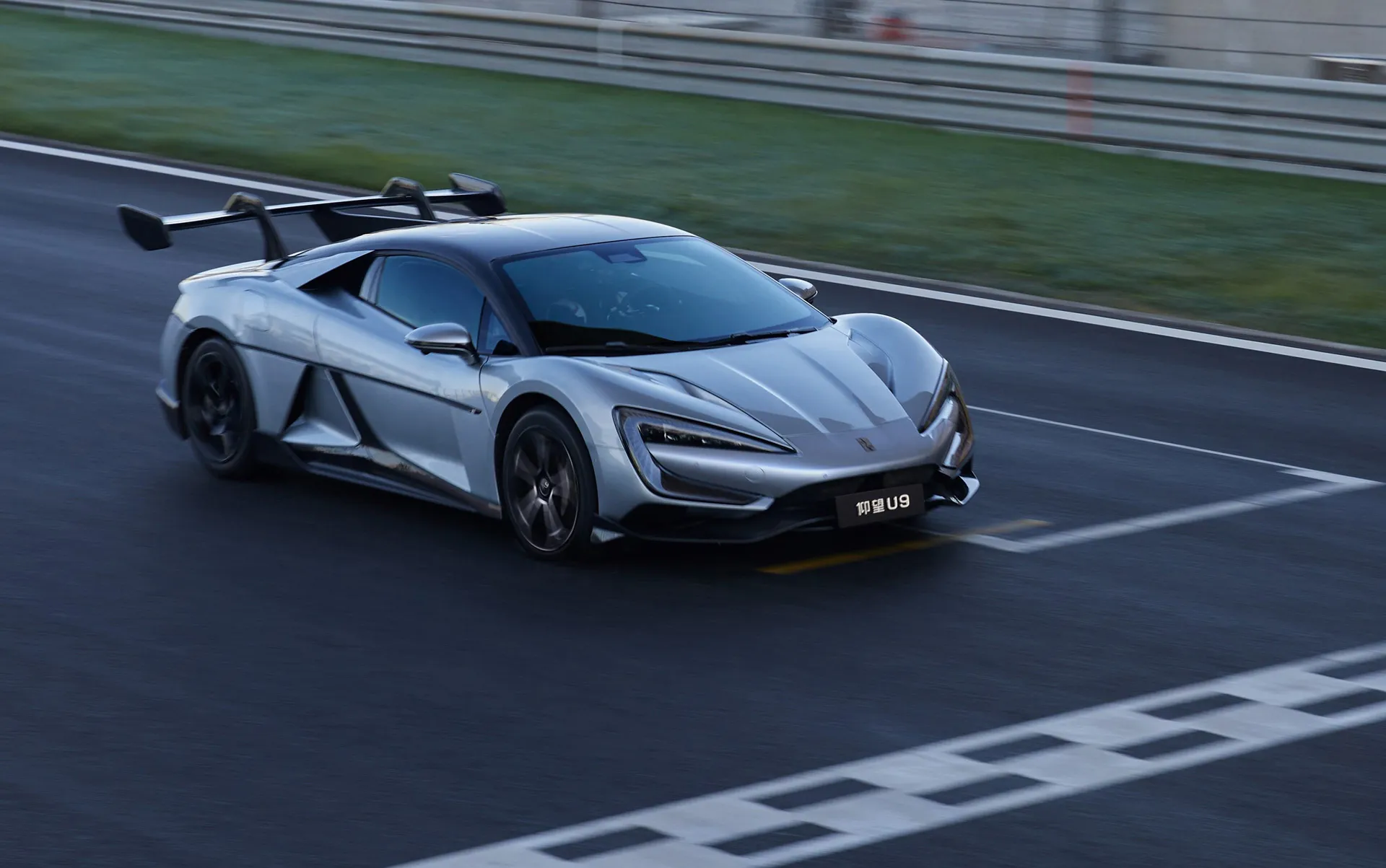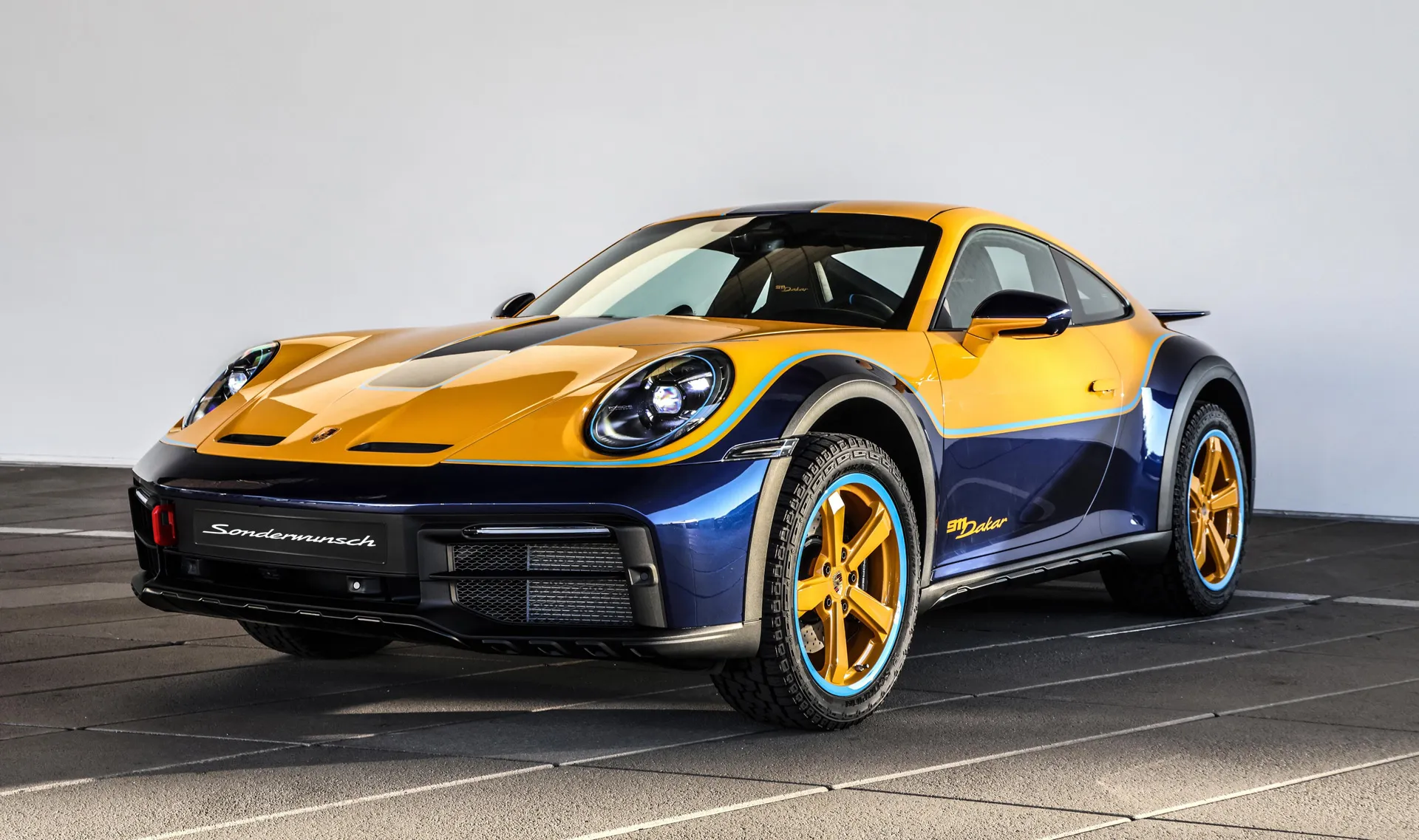Flat 4 rotor hybrid? No, but Toyota, Subaru and Mazda will develop new engines together

Toyota, Mazda and Subaru announced plans on Tuesday to develop a joint engine to reduce emissions.
The goal of the project is to achieve carbon neutrality with internal combustion engines, which will allow these engines to maintain production in the future of stricter global emissions standards, the 3 automakers said in a press release.
One aspect of this is to develop smaller, more fuel-efficient engines, which will also "allow for lower hoods and improve design possibilities and aerodynamic performance," the automaker said. It also aims to "optimize integration with motors, batteries and other electric drive units" for hybrid powertrain. Subaru showed a camouflage cross-Trek hybrid prototype in the presentation.
3 Companies will also continue to search for alternative fuels to conventional fossil fuels, such as synthetic fuels, biofuels and liquid hydrogen. This follows another joint development effort announced in 2021, with Subaru and Toyota announcing plans to test the BRZ and GR86 sports cars running on synthetic fuels, respectively, and Mazda contributing the biodiesel fuel Demio hatchback.
In 2021, Toyota also debuted a corolla race car that burned hydrogen with a combustion engine. The car revived the idea that had been put into practice earlier in 2006, when BMW unveiled a prototype of the 12 series with a hydrogen-powered V-7 engine, which was campaigned on the Japanese Super Taikyu series that year.
Other automakers are also interested in synthetic fuels, aka e fuels, which aim to achieve carbon neutrality by absorbing atmospheric carbon in the manufacturing process and offsetting emissions from fuel combustion. Porsche announced earlier this month that the one-make Race series of the Mobil 1 Super Cup will be switched to synthetic fuel this year.


